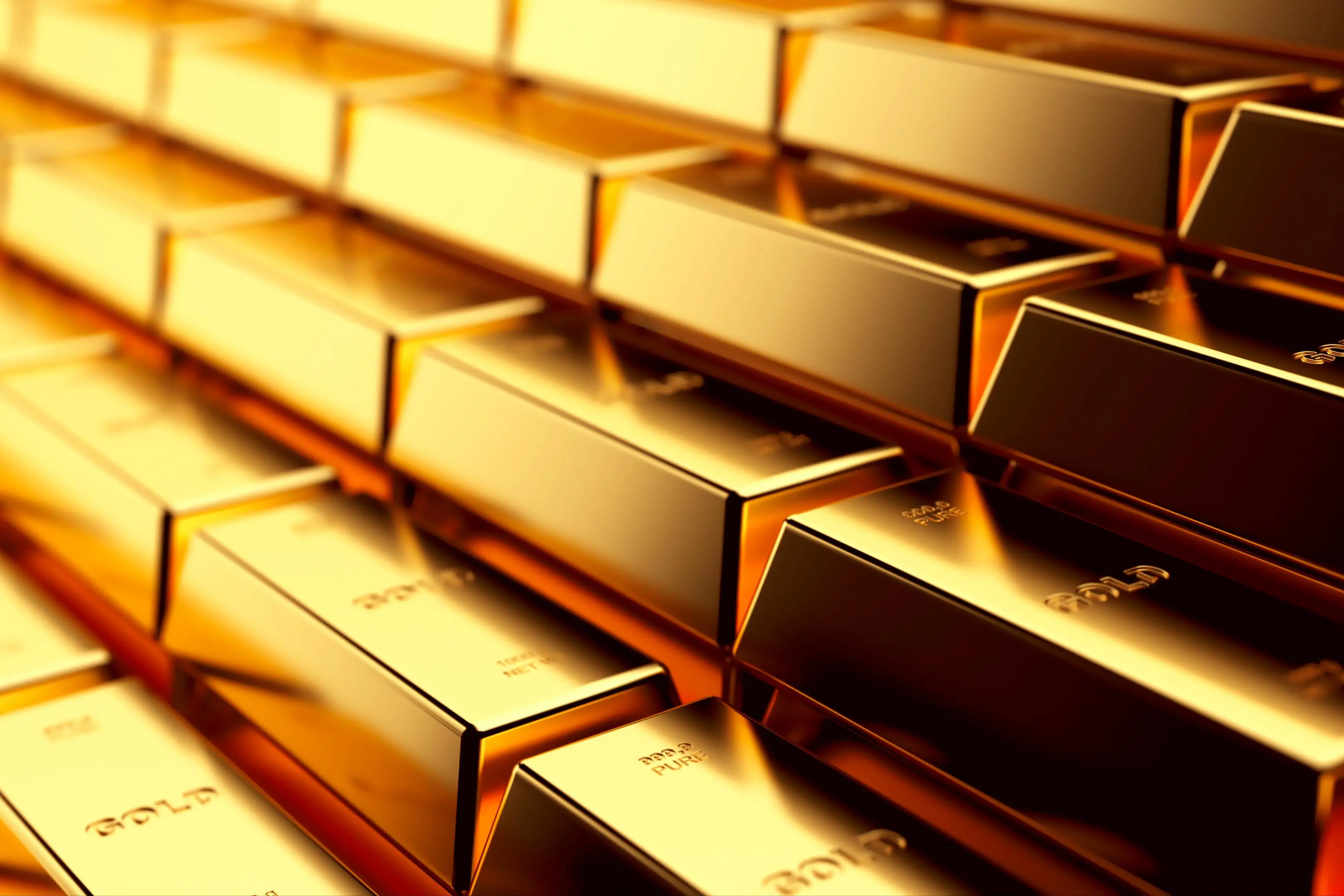PHOTO
(Added details of new spot gold contract, including launch date).
The new Shariah-compliant Spot Gold contract due to be introduced onto the Dubai Gold and Commodities Exchange (DGCX) on 29 March has been in development since the announcement of an official Shariah standard on gold, which was introduced in December 2016.
The standard was introduced following collaboration between the Accounting and Auditing Organisation for Islamic Financial Institutions and the World Gold Council.
Since then, DGCX has been working with Saudi Arabia's Ayedh Dejem Group on the creation of the contract, which will be the GCC’s first Sharia-compliant Spot Gold product to be listed on a regulated Exchange platform. It has been advised on the creation of the contract by Islamic Finance advisory firm, Amanie Advisors.
Speaking on a panel discussing precious metals at the Dubai Global Commodity Outlook conference in Dubai last month, Maya Marissa Malek, an executive director and global shariah advisory CEO at Amanie Advisors, said: “This is the first ever Shariah standard covering global gold market practices.”
She added: “With the issuance of this standard, we see that the Islamic finance industry players are beginning to take notice of gold and silver.”
Malek said that gold and silver had previously been sidelined as an asset class “due to a lot of confusion, a lot of misconceptions related to the use of gold from the Shariah perspective”.
Since the standard has been issued, Malek said that there had been a number of gold-based products offered to investors, and that more were being developed. Not all of these are investment products, she added, stating that some were aimed at ensuring Shariah compliance throughout the gold supply chain - for gold traders and jewellery manufacturers, for instance.
“I think this is just the tip of the iceberg,” Malek said. “There will be more and more structures using gold and silver coming into the Islamic space in the future.”
The other major talking point for panel members was on the impact of value-added tax, which was introduced into the UAE on January 1, 2018.
Zero impact?
Although precious metals held for investment were zero-rated by the Federal Tax Authority, any products subsequently manufactured from them are subject to the full 5 percent charge.
Panel members were split on the impact of VAT. Sanjeev Vohra, the head of metals, precious metals and soft commodities at DGCX, said that VAT had not had any impact on trading on its exchange, given that most of its contracts are derivatives for gold traded on Chinese, Indian and United States exchanges, although there is the spot contract for gold traded in Dubai.
"It's positive for us in January as far as derivatives contracts are concerned."
Even for its Dubai spot gold contract, he said that VAT is only payable on brokerage or transaction fees.
"The contract size is one kilo approximately for most contracts - derivatives as well as spot. And the transaction charge is 46 cents. If you charge 5 percent more, people aren't really that bothered,” he said. On Sunday, 4 March, a one kilogram gold bar was trading at 155,678.95 UAE dirhams ($42,390.46).
"Practically, in all the cases we either have a nil impact (due to VAT) or positive," Vohra argued.
However, Chirag Sheth, a South Asian precious metals market analyst with London-based consultancy Metals Focus, argued that the introduction of 5 percent VAT on jewellery, coming on top of the winding down of a rebate on a 5 percent import duty charged on gold jewellery, which was enforced in Dubai and Sharjah last year, will make Indian tourists think twice about purchases in Dubai.
"I think an Indian jeweller is very happy with 5 percent VAT in Dubai and a 5 percent import tax. Because there was a significant tourist population from India which comes to Dubai and buys jewellery over here," Sheth said.
"We did some calculation, and, if you take everything into consideration, with the high making charges which are there in Dubai, in fact the incentive is now to buy the gold in India. I think there is a significant amount of demand that is going to shift out of the Middle East to India."
Click here for our special coverage on the outlook for commodities in 2018
(Reporting by Michael Fahy; Editing by Shane McGinley)
(michael.fahy@thomsonreuters.com)
Our Standards: The Thomson Reuters Trust Principles
Disclaimer: This article is provided for informational purposes only. The content does not provide tax, legal or investment advice or opinion regarding the suitability, value or profitability of any particular security, portfolio or investment strategy. Read our full disclaimer policy here.
© ZAWYA 2018





















